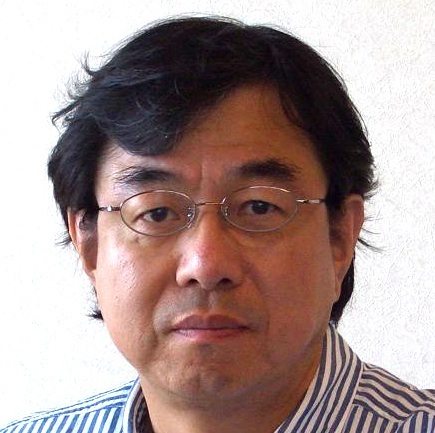WORKSHOP on FOUDATIONAL ISSUES in QUANTUM MECHANICS, INFORMATION, COMPUTING, AND CONTROL
THE WORKSHOP IS SELF-FUNDED. WE ACKNOWLEDGE THE GENEROUS COLLABORATION OF THE SPEAKERS
Quantum Control Accuracy Limited by Conservation Laws
>VITAE:
Masanao Ozawa is full professor at Graduate School of Information Sciences, Nagoya
University, formerly professor at Nagoya and then at Tohoku University. He is well
known expert of Quantum Information, Quantum Measurements and Quantum Open Systems. His realization theorem for instruments is largely known.

The threshold theorem of quantum error correction ensures fault-tolerant quantum computing, if every component can be controlled within a constant threshold accuracy. However, the threshold is so demanding that the realizability problem of scalable quantum computers is reduced to the problem of controllability under such a stringent accuracy requirement rather than solved in principle. In order to figure out how fundamental laws set a limit for the elementary gate operations, we consider here the accuracy limit induced by conservation laws. The idea that conservation laws limit quantum control goes back to the works of Wigner, Araki, and Yanase (the WAY theorem) stating that observables not-commuting with additively conserved quantity cannot be measured precisely [1]. Recently, the WAY theorem has been reformulated in the modern framework of measurement theory to obtain various quantitative generalizations [2, 3] derived from the universally valid reformulation of the uncertainty principle on the noise-disturbance trade-off [4, 5, 6], and applied to quantum limits of the accuracy of elementary gate operations under the angular momentum conservation law obeyed by the interaction between the computational qubits and the controller, including the atom-field interaction described by a Jaynes-Cummings model. The inevitable error probability has been shown to be inversely proportional to the variance of the controller's conserved quantity for the CNOT gate [7, 8], the Hadamard gate [3], and the NOT gate [9], while the SWAP gate obeys no constraint. In this talk, these considerations will be extended to multiqubit gates such as the Toffoli gate, the Fredkin gate, and general controlled unitary gates. REFERENCES: [1] H. Araki and M. M. Yanase, Phys. Rev. 120, 622 (1960). [2] M. Ozawa, Phys. Rev. Lett. 88, 050402 (2002). [3] M. Ozawa, Int. J. Quant. Inf. 1, 569 (2003). [4] M. Ozawa, Phys. Rev. A 67, 042105 (2003). [5] M. Ozawa, Ann. Phys. (N.Y.) 311, 350 (2004). [6] M. Ozawa, J. Opt. B: Quantum Semiclass. Opt. 7, S672 (2005). [7] M. Ozawa, Phys. Rev. Lett. 89, 057902 (2002). [8] M. Ozawa, Phys. Rev. Lett. 91, 089802 (2003). [9] T. Karasawa and M. Ozawa, Phys. Rev. A 75, 032324 (2007)..